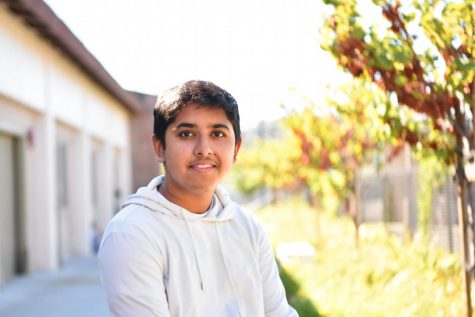The time to talk
Why we need to address sexual violence in our community
June 1, 2021
On June 29, 2020, Mia Lozoya of Los Gatos High School posted her story of sexual assault on her Instagram page. She began the post with the words, “I am not sharing this post for sympathy, but to be heard. I am standing up and sharing my story in hope to inspire others to share their story …” She recounted being raped as a freshman at LGHS by a football player for the school’s team. At the end, she signed it off with “#MeToo,” a hashtag commonly used by victims of sexual assault to tell their story.
Inspired by Lozoya’s actions, LGHS student Sophie Adams also posted her story of sexual assault to her Instagram. A few days later she received messages from a student who wanted to post her story, but was afraid of doing it publicly. The student asked if she could post anonymously, which led LGHS students, including Adams, to create the Instagram accounts @metoolghs and @fromsurvivorsforsurvivors.
The idea behind the accounts was that any victim of any form of sexual harassment could have their voice heard without having to expose their identity. In a country where a person is sexually assaulted every 73 seconds, with the victim being a child every nine minutes, the existence of such accounts is more important than ever.
Sexual assault on college campuses is not uncommon. In fact, men and women between the ages of 18-24 face a higher risk of being sexually assaulted. However, the number of people who willingly come forward with their stories is low because of the social stigma surrounding the concept of sexual assault. At times, this stigma is enhanced by the fact that 93% of the time, the perpetrator knows the victim. It is partially because of this “disgrace” that rape crimes are generally underreported. For example, according to Rape, Abuse and Incest National Network (RAINN), in 2016, over 433,000 Americans 12 years or older were sexually assaulted or raped. Approximately 80% of these incidents went unreported.
The problem is no less apparent in our community. At MVHS, in the last four years alone, five investigations have been conducted related to sexual assault. In total, there have been 31 investigations from all FUHSD schools.
In her post, Lozoya detailed how cut off she was from her family and friends because she felt uncomfortable with telling anyone what had happened. She described how nobody understood what “[she] was carrying with [her].” This is a fundamental issue that victims of sexual assault face every day. The social pressure that society puts on the survivors who come out with their story makes victims fear the consequences of having their voice be heard and the victim blaming that follows. This is where Instagram accounts like these come in. Sharing one’s story is perhaps the hardest obstacle that survivors have to overcome and the Instagram accounts make it considerably easier for them to do so.
In addition to the high burden it puts on victims, the unreported nature of such crimes also perpetuates rape culture, since the perpetrators are unharmed from the incident. While society turns a blind eye to sexual violence, it continues onward, impacting a large portion of our country. Even at MVHS, rape culture is seen through students joking about the idea of sexual assault, which dismissed the problem at hand and thoroughly undermines the stories that many people have.
For this very reason, discourse on any forms of sexual violence is crucially important. Whether it’s a family discussion or a public post recounting one’s experience, the stigma and victim blaming surrounding it needs to be diminished. For the survivors who constantly endure pain and humiliation, society needs to stand up and willingly offer support.
These voices should not be suppressed, for the stories they have to tell are meaningful. Hopefully, one day, victims won’t have to resort to anonymous Instagram accounts in order to share their story —a future that active discourse and solidarity can help achieve.
Sexual violence can occur anywhere and to anyone, regardless of their characteristics, traits or identity. This is the time to stand up.
This is the time to talk.

















